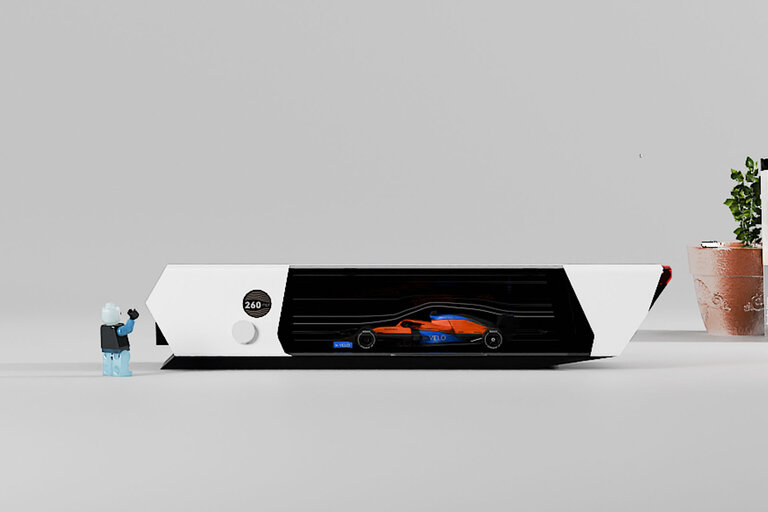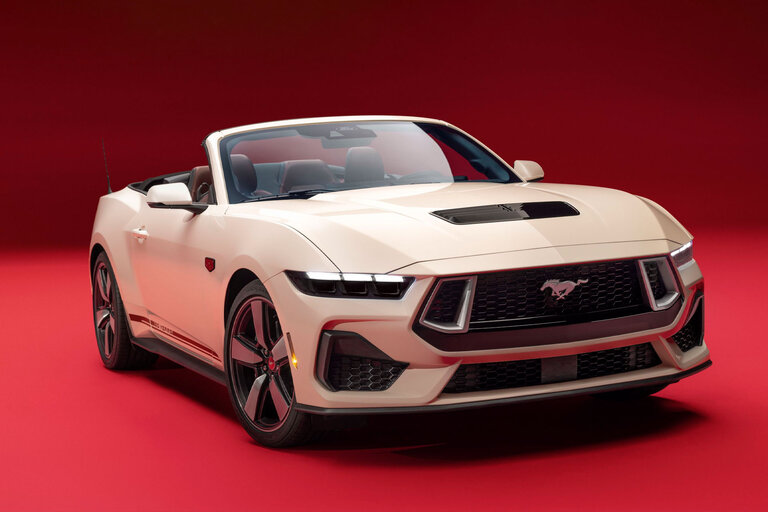
Making sure that you don’t pay for insurance you don’t need is the best way of saving on your policy cost. If you are wondering when should you drop collision and comprehensive coverage, there is no easy answer. You have to carefully weigh your options and make a list of pros and cons. Here are some pointers to help you decide.
What Is Comprehensive Insurance?
A comprehensive cover is a form of motor insurance that covers you for every incident that might involve your vehicle. Some of these may include:
- Theft.
- Explosion or fire.
- Weather-related accidents, such as hurricanes, flood, or lightning.
- Earthquakes and other natural disasters.
- Riots and vandalism.
- Fallen objects, such as trees.
Comprehensive insurance is optional, and you can legally drive a car you own only with basic protection. Bear in mind, however, that if you lease a car, the lender might require you to take out this type of cover for the period you have finance on it.
Comprehensive cover will pay for the damage to your vehicle, but not to the other vehicles’ repair costs. For that, you will need liability insurance.
There is a common misconception that comprehensive insurance pays for anything that will happen to your car. Despite the name, this is not the case. If you cause damage to another vehicle or injure other road users, that scenario will be covered by the liability insurance policy.
A comprehensive policy is a type of full coverage, and it can include collision insurance, in some cases. Find out more about comprehensive cover.
Most states require a deductible amount for your comprehensive cover, which means that you are required to pay the first $150, $500, or $1000 of the claim amount out of pocket. Most car insurance companies allow you to choose your deductible amount.
When Do You Need a Comprehensive Cover?
When you drive a high-value vehicle, and the parts and labor are expensive, you might need the comprehensive cover. For example, if you have a collectible vehicle, you might want to protect it more than a more common, ten-year-old model that is cheaper to fix.
When to Drop a Comprehensive Cover
The general rule is that you should drop your comprehensive cover if you are paying too much based on the value of your car. Take your car’s value, subtract the deductible, then take away the cost of the six-month policy. If you get a negative amount, chances are that it is not worth paying for a comprehensive policy and you have to contact your insurance company to cancel your payments.
What Is Collision Insurance?
Collision coverage will protect you financially when you get involved in a road traffic accident. The most common scenarios the cover applies for are:
- Being hit by another driver.
- Colliding with an object on the road, such as a tree or a post.
- Rolling over your car.
- Hitting the curb or pothole.
- Reversing into another stationary vehicle.
A collision cover is not required by law in any of the states. However, just like with a comprehensive cover, you might be obliged to take out this level of protection when you lease a vehicle, so the lender can protect their assets. Many lenders will add the cost of this policy to the lease fee automatically.
Just like comprehensive insurance, a collision cover has a deductible amount you choose. You will have to pay your share and the insurance company will have to pay the remaining balance to the repair company or to you, depending on your agreement. According to The Simple Dollar, the most common deductibles range between $250 and $1,000.
When Do You Need a Collision Insurance?
Collision insurance is a supplemental cover, and it is up to you whether you take it or not. If you are driving on dangerous roads, you might want to reduce your risk and take this cover. According to Money Under 30, collision insurance will help you pay the cost of repairs, unless your car is “totaled,” which simply means that it would cost more to fix than what it is worth.
Many insurance companies will offer comprehensive and collision cover in one package, you don’t need to buy them together. You can pick just the one you need.
When To Drop a Collision Insurance
If your car is not worth a lot, you might want to drop the collision insurance. Always consider the cost of parts and repair before making a final decision. If you are a safe driver and are not likely to cause an accident, you might be better off to claim on the other driver’s insurance if they were at fault. Check our guide on collision insurance for more information.
How To Decide If You Should Downgrade Your Car Insurance
It is a good idea to consider your driving habits, your vehicle’s safety features, and your driving history. If you are a safe driver, you might not need a collision cover. At the same time, if your car is worth less than the minimum deductible amount, or is cheap to fix, you might not want to take out a comprehensive cover.
Remember that every claim you make will eventually increase your premium for the next few years, so consider whether you need the insurance and if you are better off financially to make a claim or you could pay for the repairs out of pocket to protect your premium price.
If you have no cash savings, it might be better to have extra cover, so you don’t find yourself without a car when you can’t pay for the repairs yourself.
The best way to decide whether you should drop collision and comprehensive cover is to check the price of the premium and compare it with the current market value of your vehicle. If your annual insurance is over ten percent of your car’s value, it might not be worth taking out the additional protection.
If you feel like you still need the collision and comprehensive covers, you might want to raise your deductible to lower the cost.
Check this out if you need additional information, resources, or guidance on car insurance.
Sources:
Do I Need Collision Coverage on My Insurance Policy?
When Should You Downgrade Your Car Insurance?
Comprehensive and collision coverage
Comprehensive Vs. Collision Car Insurance: The Differences And When You Can Cancel
What Is Comprehensive Insurance, and What Does It Cover?
This content is created and maintained by a third party, and imported onto this page to help users provide their email addresses. You may be able to find more information about this and similar content at piano.io
Source link





